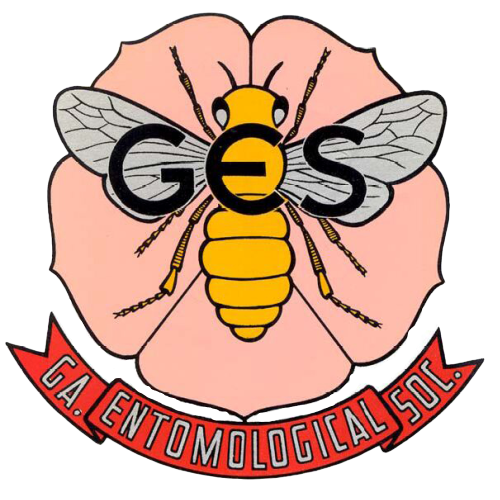Comparative Effects of Insect Growth Regulators on Longevity and Mortality of Beet Armyworm (Lepidoptera: Noctuidae) Larvae2
Laboratory bioassays demonstrated the toxic effects of three distinct types of insect growth regulators, diflubenzuron, fenoxycarb, and RH-5992, against 1- and 6-d-old larvae of the beet armyworm, Spodoptera exigua (Hübner). Diflubenzuron and RH-5992 were somewhat more active and provided faster knockdown of beet armyworm larvae than did fenoxycarb. RH-5992 and diflubenzuron were 12–21 and 3–5 times more effective, respectively, against beet armyworm larvae than fenoxycarb. Larvae exposed to fenoxycarb lived up to 34 d following treatment and continued to feed. Therefore, fenoxycarb in field settings may not be as acceptable for controlling larvae of the beet armyworm as are diflubenzuron and RH-5992.
Contributor Notes
2 All programs and services of the U. S. Department of Agriculture are offered on nondiscriminatory basis without regard to race, color, national origin, religion, sex, age, marital status, or handicap.
3 Current address: USDA-ARS, RR #3, Brookings, SD 57006.
